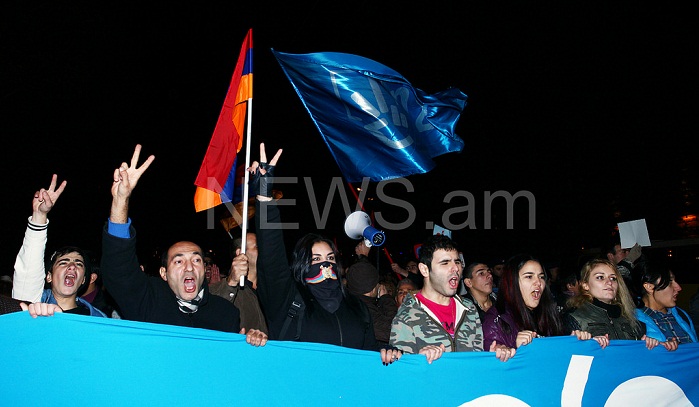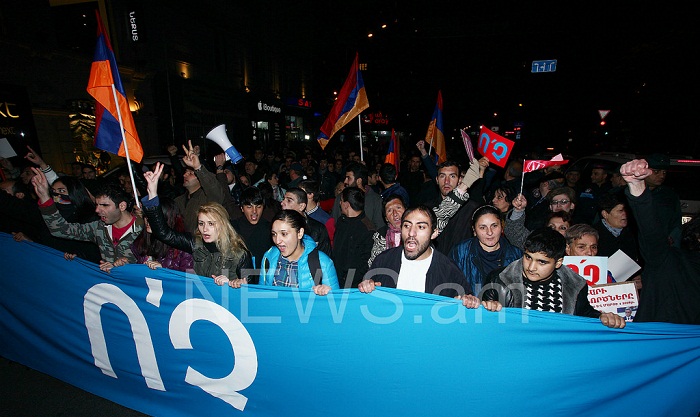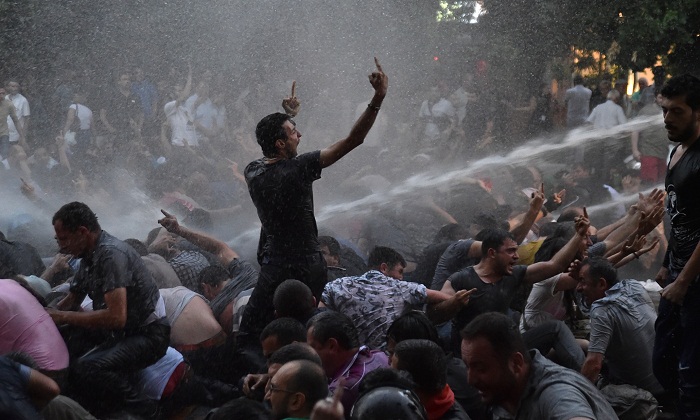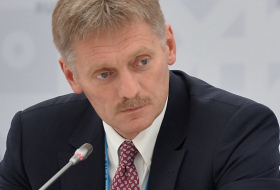While innocuously painted by President Serge Sargsyan and his supporters as a tool to improve governance, it is the latest in a series of stratagems employed by a number of repressive and corrupt governments to deepen and extend their grip on power. For Armenia, and for other nations in Russia’s near abroad, it also represents the frighteningly familiar naked ambition of a corrupt political elite to retain their grip on power and maintain the patronage of Moscow. Armenia has a deep and long history of strong ties with Russia. Russian military sales and assistance to Armenia remain robust. The referendum, however, is symptomatic of a broader slide towards authoritarianism in Russia’s near abroad. These realities are tragic for the people of the region and for the interests of liberalism and the United States.
In spite of polling data which suggested a lead for the “No” camp, the referendum returned the requisite “Yes” with 66.2% of the vote. 50.8% turned out to vote. The legitimacy of the vote, however, is being challenged. During the voting, there was a flood of reporting about ballot stuffing, voter list fraud, miscounting, and vote buying. Social media lit up with individuals claiming they had been threatened, intimidated, and even beaten to prevent them from participating in or monitoring the voting. Anecdotal claims included “No” voters appearing at polling stations to discover they had voted already, for “Yes.” One woman described how her two sons (both of whom live abroad and did not return to Armenia for the vote) had voted “Yes” as well. When she found herself in a similar situation, another woman was offered to vote in someone else’s place.
The BBC News reported that “serious irregularities” had “tainted” the referendum. Meanwhile, the US State Department, through spokesman John Kirby announced concern over “allegations of irregularities reported by nonpartisan observers and various Armenian political parties.” Kirby urged the “Armenian authorities to investigate fully all credible reports… to ensure the integrity of the referendum’s outcome.”

The issue confronting Armenia and the region is more serious than what can be captured by nebulous diplo-speak. The “Yes” vote paves the way for Sargsyan, who is term-limited out of the presidency in 2018, to continue ruling the country as Prime Minister without term limits. With such a fillip to their power, Sargsyan and his party will continue to rule Armenia, bringing the country more and more into line with Russian policies, further marginalize political opposition, silence journalistic criticism, and enrich themselves (while crippling their country) through systemic corruption and epic mismanagement.
Old fashioned electoral fraud is nothing new to the region or to politics more broadly, but this seems to be one of the more naked examples in recent years. It is also highly troubling as it is symptomatic of a broader democracy deficit developing in Russia’s near abroad, with Russia’s support. Backed by Russia, governments in Georgia and Armenia are following the example of Belarus. There is legitimate fear that they are becoming single party dictatorships, modern authoritarian states with little human rights, press freedom, or political opposition. They are progressively characterized by illiberal domestic political regimes, structural corruption, brain drain, and political irrelevance as they fall deeper under Moscow’s sway.
Belarus is the gold standard for this sort of transformation in the region, second globally to some Central Asian states. Through authoritarianism, convenient constitutional change, and election fraud, it has secured itself the title of “Europe’s last dictatorship.” Its authoritarian strongman, Alexander Lukashenko has been president since 1994. In 2004, he rigged a referendum to remove term limits on the presidency and has been in power ever since. In 2006, he was reelected with 84 percent of the vote. In 2010 he secured a fourth consecutive term with a modest 77 percent of the vote. During his rule, Lukashenko has reinstituted elements of Soviet rule, squelched political opposition, press freedoms, and remained a staunch ally of President Putin.

Closer to home for Armenia, Georgia is another example of this sort of rough politics. Backed by billionaire Bidzina Ivanishvili, the Georgian Dream Party ended the rule of pro-Western reform minded Mikheil Saakashvili in 2013. Since then, Ivanishvili and his associates have brought Georgia closer to Moscow (including ending the country’s energy independence from Gazprom), silenced opposing media outlets, and prosecuting political opponents on questionable legal grounds.
For Armenians and for the large Armenian Diaspora, the fraud earlier this month is the latest and most egregious transgression on their civil rights and for the future of their country. It is a clear attempt by Armenia’s leadership to continue down the political road of becoming Belarus, a corrupt, one party system, dependent on the patronage of Moscow. In the early 21st century, these sort of fraudulent electoral and constitutional reforms seem to be the weapon of choice against democracy and the rule of law.
For the United States, these developments are disturbing. They represent the reassertion of Russian control and Soviet style governance beyond Russia’s borders and a regression of the political and social rights, which nations fought so hard to achieve after the end of the Cold War. Countries like Armenia are now the front line of the battle of ideas. The success of voter fraud on Sunday shows how poorly the fight is going. Perhaps realizing the seriousness of the situation, the United States Embassy in Yerevan increased its rhetorical pressure in a new statement issued on Monday December 14. A new statement reiterated the call to investigate the voting irregularities and threatened to bar various individuals “who directly interfered in the integrity” of the referendum from participating “in Embassy programs or activities.” This latest statement shows that the battle is not over yet. Hopefully, for the people of Armenia, it is only beginning.
Dr. Andrew Novo is Associate Professor of Strategic Studies at the National Defense University, Washington, DC.






















-1744366755.jpg&h=190&w=280&zc=1&q=100)

























